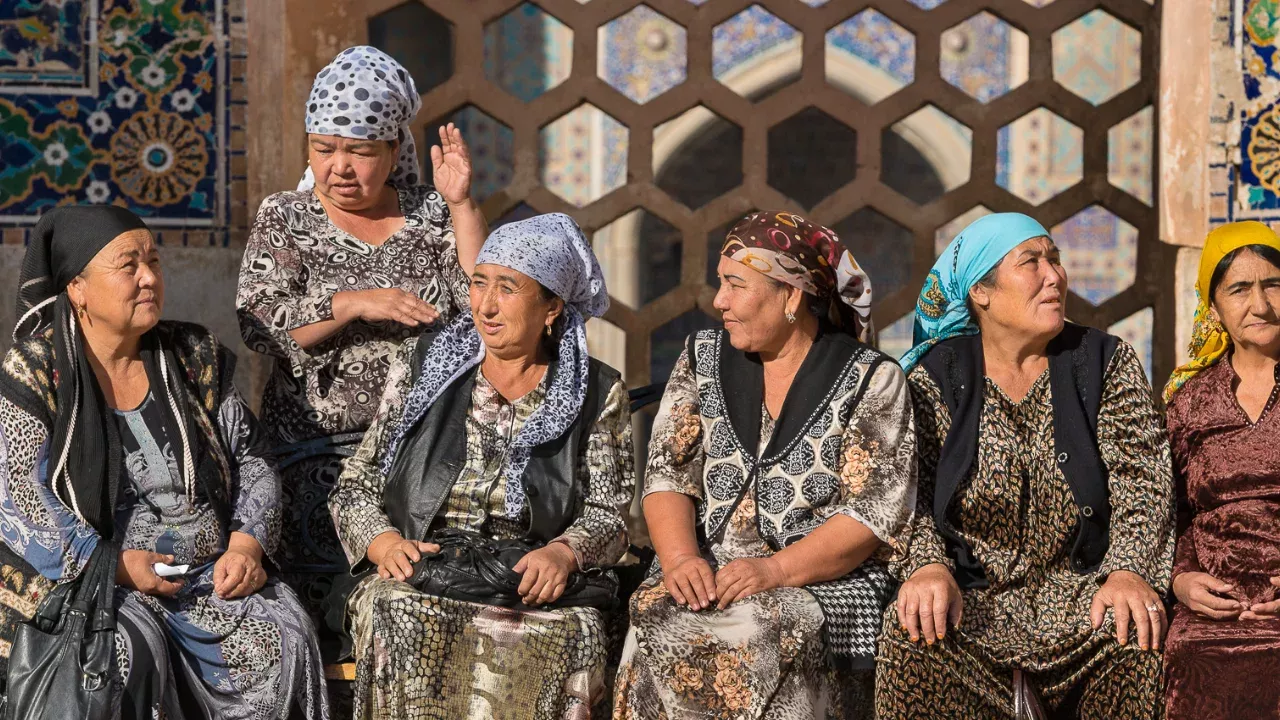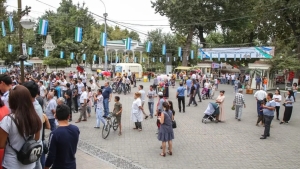The number of long-livers is increasing in Uzbekistan

As of January 1, 2025, 66.3% of long-lived people in Uzbekistan are women, while 34.6% are men. This was reported by Zamin.uz.
This information was provided by the "Family and Gender" Scientific Research Institute. It was confirmed that the share of women among the elderly population in the country is significantly higher.
The number of citizens aged 90 and older has reached 18,915. Of these, 56.5% live in urban areas, and 43.5% reside in rural areas.
This indicator shows that the phenomenon of longevity is not only characteristic of rural environments but also that healthcare infrastructure and services in cities play an important role. By region, the highest numbers of long-lived people were recorded in Fergana region (2,582 people), Tashkent city (2,155 people), Kashkadarya region (2,011 people), Surkhandarya region (1,799 people), and Tashkent region (1,740 people).
These figures reflect the influence of demographic structure, medical provision, nutrition culture, and social environment factors in the regions. According to demographic forecasts, the number of long-lived people will steadily increase in the coming years.
By 2030, this figure is expected to reach 44,016, and by 2040, 93,971. This is due to the aging of the generation born between 1935 and 1950.
Birth rates were high during these years. Additionally, life expectancy in Uzbekistan is also increasing.
In 2010, the average expected lifespan at birth was 73 years, while in 2024, this figure reached 75.1 years. Improvements in the quality of medical services, expansion of preventive examinations, and growing interest in a healthy lifestyle support this process.
According to research by the "Family and Gender" Scientific Research Institute, the main social factor for longevity is social activity. 76.3% of survey participants emphasized the importance of active social life for maintaining mental and physical health.
Moreover, 38.8% of respondents indicated that genetic inheritance also plays a role in longevity. This shows that family factors and daily activity complement each other and form a key part of the longevity strategy.
Earlier, 130-year-old Huvaydo Momo Umarova (Toshmatova) from Fergana region was recognized as the oldest citizen in Uzbekistan. Her birth year, 1895, was confirmed by an official court decision.
This case once again demonstrated the importance of proper documentation in determining the legal status of elderly citizens. Overall, the increase in the number of long-lived people and the high share of women highlight the need to strengthen healthcare policies, care services, create conditions for rehabilitation and social activity, and develop infrastructure for the elderly.
Source: Family and Gender Scientific Research Institute.







